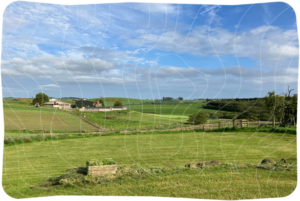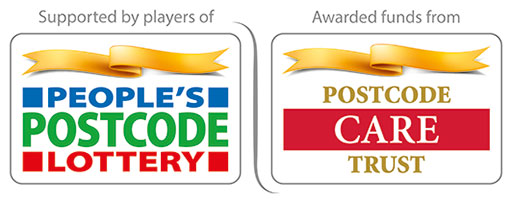This week, we’re thrilled to welcome Travel Journalist & Presenter John Carter as a Dementia Adventure Ambassador.
John Carter has worked for nearly thirty years on programmes such as ITV’s Wish You Were Here…? and the BBC’s Holiday, and has travelled the world for over half a century on behalf of newspapers, magazines, radio, and television programmes. Below, he shares his thoughts on how travel has changed since he began his career, and tells the story of how he began travel writing in the first place.
When you spend your life travelling the world at someone else’s expense, visiting exotic locations, staying in first-class hotels and delivering your thoughts to a film camera whilst standing on a beautiful beach, or reclining by a swimming pool…
When, as I say, you do all that, the question you are often asked is: “How the devil did you get yourself such a wonderful job?”
There can be envy in the tone of the questioners, especially if you are in some wonderful destination which they have paid a lot of money to visit and know you have not.
But there was absolutely no envy on the part of Dementia Adventure’s Head of Communications & Fundraising Kath Vale, when she put the question to me over lunch the other day. Knowing I’d spent the best part of sixty years trotting around the globe, she genuinely wanted an answer.
It amused her, I think. You see, I ended up as a travel writer and broadcaster because nobody else wanted the job.
Yes, that’s the honest truth. I was working in the London office of a group of regional newspapers when our Travel Editor left to ply his enviable trade elsewhere. I sent a memo to my boss, asking to be considered for the post and a few days later he told me that, “As nobody else has applied for Clarke’s job, you may as well have it.”
That’s how I became a travel journalist and, later, a broadcaster on radio and television. At the time – the start of the 1960s – there weren’t many of us. I’ve watched in astonishment as our ranks have swelled and so many people now style themselves travel writers. I can’t begin to work out how they make a living at it, so fierce is the competition, and, between ourselves, am glad I no longer have to.
I and my few contemporaries were lucky in that we wrote about travel as the world opened up to British holidaymakers. This was a time when folk really knew nothing about “abroad”. When people still had to be told what a paella was, and reminded that you had to drive on the other side of the road. And, because our contemporary audience knew little about the subject of travel, we (who knew only a little bit more) were able to become “experts”, even “pundits”.
But it was hard going, especially when I added radio and television reporting to my newspaper and magazine work.
My predecessor, Philip Clarke, had warned me it would be tough, but I didn’t believe him because, lacking true experience, I was taken in by the “glamour” of travel. The reality is that it is a highly competitive industry which, back in the 1960s offered little protection to its customers and had to contend with Government regulations designed to keep holiday prices high in order to protect the then state-owned British Airways.
I’m sure the nuts and bolts of the travel trade are of little interest to you, but they were a factor to be taken into account as I persuaded readers, listeners and viewers to take the plunge and venture abroad. And, way back then, people needed persuading that foreign holidays weren’t the privilege of the rich or the posh. Or, as my mother used to put it: “Not for the likes of us.”
What worked out for me was a gradual understanding that foreign travel was much more than a superficial couple of weeks in the sun.
It brought unexpected prosperity to communities that were often struggling to survive. It introduced us once insular Brits to customs and cultures that proved to be far more interesting than we expected.
Did foreign holidays serve to loosen our licensing laws, extend shopping hours, improve the quality of service in hotels and restaurants, bring foreign cuisine to our high streets? I certainly think all those changes were the unintended consequences of our exposure to “abroad”.
And I was glad to be on hand to report developments as the holiday trade got its act together and began serving the needs of the needy. People who had financial or health constraints, but who were in desperate need of what we nowadays call a “respite break”.
Through my involvement in a travel industry charity I learned the difference between “wanting” a holiday and “needing” one. And that those who need are all too often those who can’t have.
The health and welfare benefits of a holiday are recognised now, as they never were in those early days. I’m glad of that, and glad, too, that there are people around who take joy from helping those who “need”. If I can somehow contribute to Dementia Adventure’s work in this area, I’d like to do so.
If nothing else, I can tell you about the world as I have found it, maybe amuse you with some of my “Traveller’s Tales”, and demonstrate that just about anything is possible with determination and the experience of people who want to help.
John Carter for the Dementia Adventure Blog
A very warm welcome to Dementia Adventure, John! Sign up to our newsletter to be notified of future guest posts from Dementia Adventure Ambassador John Carter.











